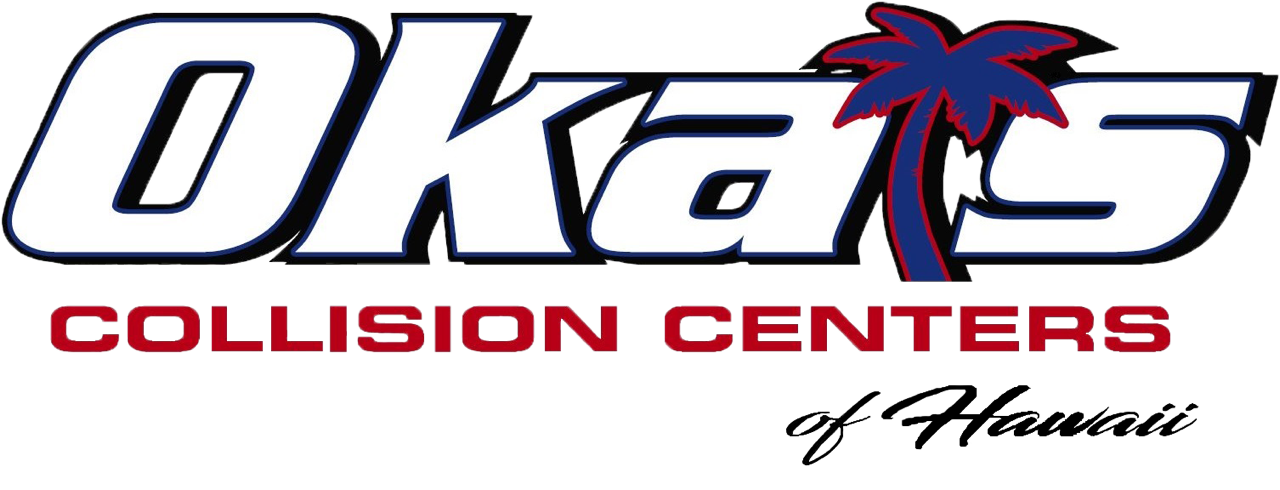Positions:
• Metalworking: You’ll need a strong understanding of how to handle and manipulate different metals used in car bodies. This includes hammering, straightening, welding, and cutting various metals: e.g., steel, aluminum.
• Auto Body Knowledge: Familiarity with different vehicle structures and materials is crucial. You should be able to identify parts, understand how they function together, and know the proper repair techniques for various types of damage.
• Attention to Detail: A keen eye is essential for spotting imperfections and ensuring repairs are flawless. This includes aligning body panels perfectly, and achieving a smooth, factory-like finish.
• Tool Proficiency: Ability to use a variety of hand and power tools safely and effectively. This includes hammers, saws, drills, sanders, and specialized body shop equipment like welding torches and spray guns.
• Safety Awareness: Working in a body shop involves potential hazards like fumes, dust, and sharp objects. Following safety protocols, using personal protective equipment (PPE), and maintaining a clean work environment are essential.
• Attention to Detail: A keen eye is essential for spotting imperfections and ensuring repairs are flawless. This includes matching paint colors, aligning body panels perfectly, and achieving a smooth, factory-like finish.
• Tool Proficiency: Ability to use a variety of hand and power tools safely and effectively. This includes hammers, saws, drills, sanders, and specialized body shop equipment like welding torches and spray guns.
• Safety Awareness: Working in a body shop involves potential hazards like fumes, dust, and sharp objects. Following safety protocols, using personal protective equipment (PPE), and maintaining a clean work environment are essential.
• Strong Math Skills: You can’t build a house without a blueprint, and you can’t write an accurate estimate without a firm grasp of math. This includes proficiency in addition, subtraction, multiplication, and division, as well as an understanding of formulas for calculating material quantities and labor hours.
• Attention to Detail: A keen eye is crucial for spotting every dent, scratch, and damaged part. Missing even a minor detail can throw off the entire estimate, leading to customer dissatisfaction and potential financial loss for the shop.
• Knowledge of Collision Repair Procedures: Understanding the typical repair process for different types of damage is essential. This allows you to accurately estimate the labor hours needed for each step, from part removal and replacement to painting and detailing.
• Parts and Labor Cost Research: You need to be a pricing pro! Researching current market rates for parts and labor ensures your estimates are competitive while still remaining profitable for the shop. Familiarity with industry databases and vendor pricing is a plus.
• Excellent Communication Skills: Estimates aren’t just numbers on a page – they’re a conversation starter with the customer. The ability to explain the repairs clearly, answer questions confidently, and build trust is essential for customer satisfaction.
Employment Application
